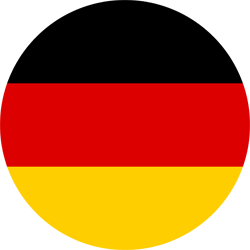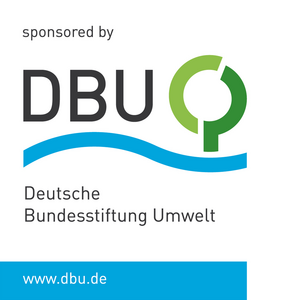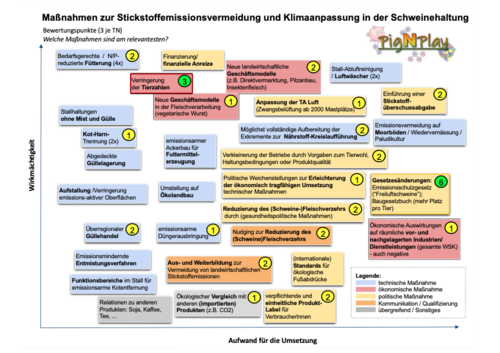- GENERAL
- IMPRESSIONS
- ESD
- CO-CREATION
- PROJECT PARTNER
- CONTACT
 GERMAN
GERMAN
Co-Creation
In the development of pigNplay, the project team pursues close cooperation with different stakeholders - especially with future users of the serious game: farmers in practice and training (teachers and learners). This approach promises target-oriented and application-oriented feedback on the game content and conditions.
During the course of the project so far, two workshops have been held with stakeholders from the agricultural and food industry. A vision workshop entitled "Sustainable agriculture in the Oldenburg Münsterland: New business models for pig farming" and a co-prototyping workshop called "Impulses for pigNplay - a digital learning game for reducing nitrogen emissions in pig farming".
In the following, we would like to report on these events.
Co-Prototyping-Workshop
Title: Impulses for pigNplay - a digital learning game for reducing nitrogen emissions in pig farming.
Date: Tuesday, 28.09.2021
Time: 14:00 - 17:00 h
Location: online
Participants: 18 Participants. Teachers and learners in agricultural education and training from universities and
vocational schools in Lower Saxony as well as members of the project team.
The aim of the workshop was to get feedback on the game prototype from the perspective of potential players and users in order to be able to integrate the requirements of the intended context of use more strongly into the further development of the game. The existing elements of the educational game were discussed together with the participants. In three contributions of the project partners
the first prototype (1), the preliminary game concept (2) and the developed teaching and learning objectives (3). In the subsequent discussion rounds, the participants were asked for their assessments. The results of the three thematic blocks and the final group work (4) are summarized below.
This page is currently under construction. We ask for your understanding.
Vision Workshop
Title: Sustainable agriculture in the Oldenburg Münsterland region: new business models for pig farming
Date: Tuesday, 15.06.2021
Time: 14:00 - 17:00 h
Place: online
Participants: 16 experts* from agriculture and research as well as members of the project team.
The aim of the vision workshop was to collect, discuss and evaluate operational options for action and measures for the sustainable development of pig farming in a co-creation approach and to formulate visions for sustainable agriculture in the Oldenburger Münsterland.
Block 1: Measures to reduce emissions of reactive nitrogen compounds to the environmental compartments.
An online survey conducted by the participants in advance served as a basis for listing possible measures and influencing factors of different categories (technical, economic, political, communicative, overarching, other). In the first block of the vision workshop, these were discussed with the participants, expanded and evaluated in terms of their effectiveness and feasibility.
This resulted in a comprehensive catalog of possible game content for pigNplay: From measures that can be implemented in the game, such as N/P-reduced feeding or fecal-urine separation systems, to environmental adaptations and external influences such as legislation or changes in consumer behavior (which can be used in the game to increase the difficulty), to the development and consideration of new business models.
One important point mentioned was training and further education for farmers to avoid nitrogen emissions - this is where pigNplay comes in handy.
Block 2: Visions for sustainable agriculture in the Oldenburger Münsterland.
In a lively and productive discussion, the challenges and opportunities facing agriculture in the Oldenburger Münsterland (OM) were highlighted together with the participants.
"(Re)recognizing the value of agriculture"
It became clear that society's view of the production of animal products is increasingly shifting in a negative direction. The appreciation of the products, the work and also the people is steadily decreasing in parts of the population during the past decades. Possible causes include inadequate education and growing alienation from the issue due to urbanization and globalization.
"Fair conditions for people and animals"
Appreciation is also reflected in the payment for services rendered. Farmers are increasingly suffering from consumers' declining willingness to pay. At the same time, however, they are demanding greater animal welfare and sustainability. Only an appreciation of people and animals can be forward-looking from an ethical, ecological and economic perspective.
"We want to have pigs - but differently!"
Declining willingness to pay does not necessarily go hand in hand with reduced consumer behavior. The meat at the counter should come from the local farm, produced under the best conditions and as climate-neutral as possible. This paradox between the public's demand for more "species-appropriate" and sustainable production and customer behavior to always buy the cheapest offers is incidentally called the Citizen-Consumer-Gap or Attitude-Behaviour-Gap.
"OM: Innovative Pork."
Change needs innovation. In order to meet the demands of society, to act in the spirit of sustainability and resource conservation, and at the same time to remain competitive, we need innovative production as well as distribution systems in the agricultural and food industry. Animal welfare, circular economy and vertical integration are just a few buzzwords that can be heard repeatedly in this context.
"Tradition obliges - to sustainability!"
But with all the future orientation, with all the changes and with all the demands, we must not lose sight of where local agriculture has its origins. Often characterized by family farms that have been passed down to daughters and sons for generations, a high degree of tradition is inherent in agriculture.
The composer and conductor Gustav Mahler once formulated: "Tradition is not the worship of ashes, but the passing on of fire" - in this sense, it is important to face modern environmental conditions and future challenges together and responsibly as a society, to allow for change and to lead the tradition of agriculture into an era that is increasingly shaped by anthropogenic climate change.


